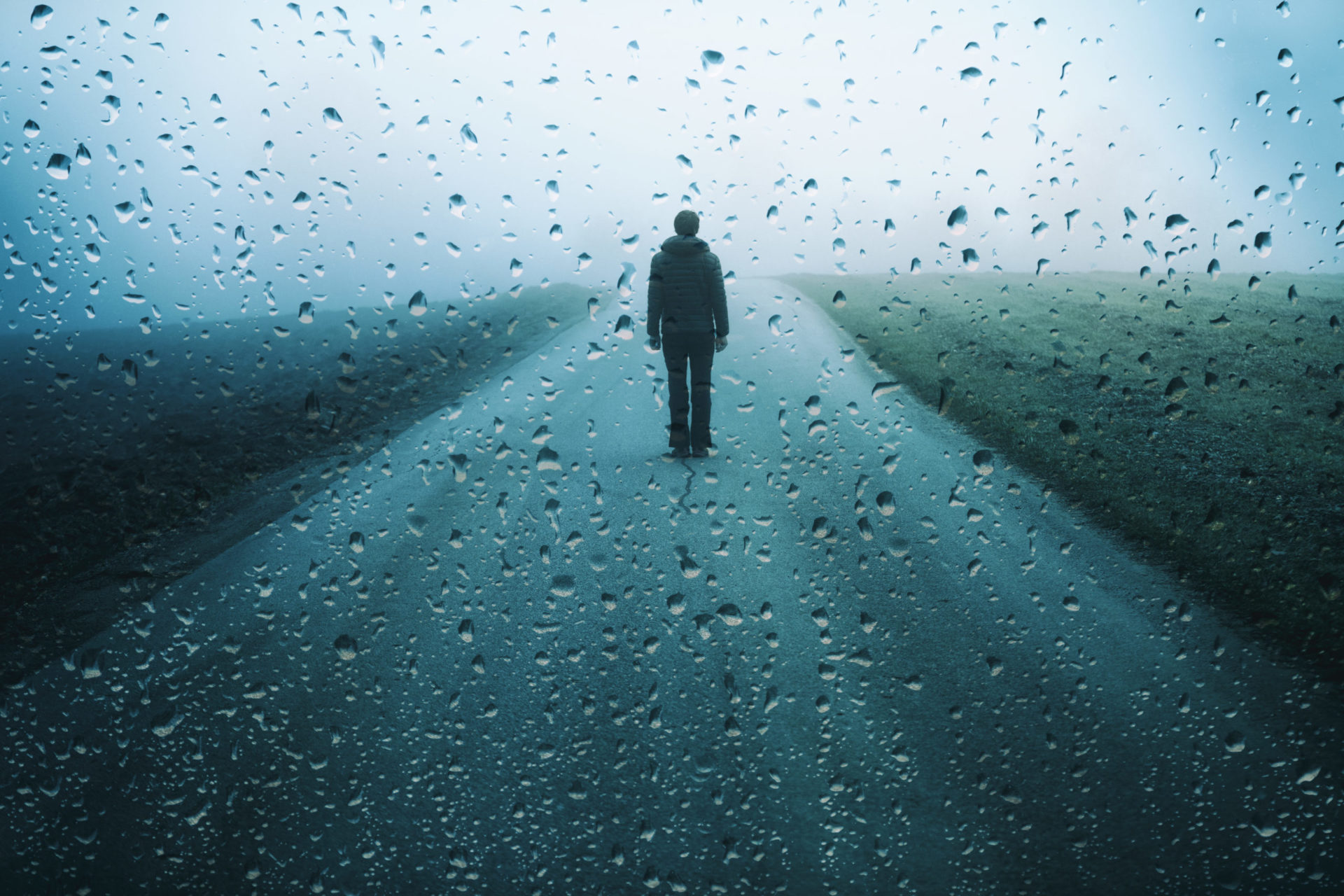Sleep Fallout of Loneliness

Let’s face it: after this year, not a single one of us is a stranger to loneliness. With such widespread isolation, socially, physically and existentially, one must wonder the effects it has on the body. Here we dissect and explore the possible relationship between isolation, loneliness and sleep quality.
Stating the obvious
Starting with the simplest of connections: the increase in mental health issues and depression from this year alone has been concerning, let alone the consequences that depressive symptoms can bring upon our daily lives. Depression disrupts normal sleeping mechanisms quite effectively. In fact, one of the major symptoms implicated in and used to diagnose clinical depression is difficulty sleeping at night. If you find yourself struggling to fall asleep with little rhyme or reason, start by identifying some of the changes in your life that have led up to this point. Perhaps you are struggling in terms of mental health and have not made the connection or realization yet. In any case, the best course of action is to start from within.
Paying attention to oneself and one’s mental state can go a long way in assessing what needs to change in order to get a good night’s sleep. If you look inward and find that you are, in fact struggling, many online resources have been made available at this time. It’s easier than most think to receive the help that one needs. It is also important to contact a friend or loved one and acknowledge that you are having a rough time. Once these steps have been taken, you can start the journey to repairing the holes that have been poked in our daily lives by this current state of affairs.
How does isolation affect sleep?
Now that we’ve covered some foundational self-care, let’s look into the possible association between loneliness and insomnia. One study, specifically conducted with older adults, found that sleep quality was rated lower in isolated conditions. It’s not much of a surprise that deprivation of social faculties reduces the quality of life in other aspects, but what causes this? There isn’t much of a definitive answer. The UCLA researchers explained, “This study affirms the value of diverse sleep measures to assess this complicated multidimensional behavior and illustrates that loneliness and social isolation are associated with different dimensions of sleep experience,”. Since the authors of the study described the situation as multidimensional, what other dimensions of life could be affecting sleep?
A multidimensional problem
It’s possible that worsened sleep quality is caused by other byproducts of loneliness. Perhaps, the increased screen time and exposure to blue light caused by this enforced isolation is another variable affecting sleep quality. We also know that the isolation we are under induces symptoms of depression in many people. This, combined with increased levels of boredom, wakefulness and sporadic schedule changes can lead to a sleep catastrophe as the body scrambles to account for all of this change. The best advice one can heed to maintain some semblance of regular sleep is to engage in a schedule. Not just a daily to do list, but also falling asleep at a regular bed time. This behavior combined with reduced screen time can help to combat the effects of loneliness on the body and sleep.
Make Zenbev Drink Mix your partner in combatting the effects that the stresses of these days can have on you. Zenbev is the healthiest sleep aid by far. It is made of all-natural ingredients and formulated to work with natural brain chemistry to stimulate the most natural sleep possible. Combined with the discipline of a regular sleep schedule and removing barriers to good quality sleep, Zenbev can help minimize some of these negative effects. Zenbev is the best over the counter sleep aid and will never lead you down the dark roads of tolerance or dependence. If you see yourself here please pay attention to the signs and take good care of yourself.


